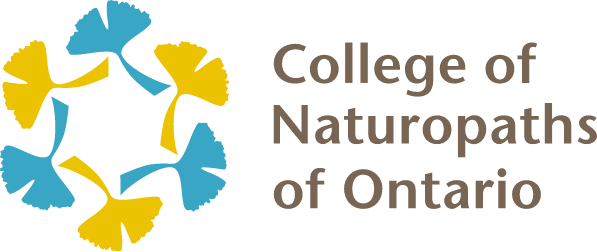Prescribing within the Scope of Practice
Posted On: July 3, 2024
Registrants of the College who have met the standard of practice for prescribing may only prescribe the drugs listed on Table 3 of the General Regulation and only by the authorized route of administration. If a Registrant knows that a route of administration other than what is within their scope of practice is indicated, or better indicated, for a patient they must refer the patient to another health provider who is authorized to prescribe the drug (in the route of administration needed) and provide the appropriate monitoring and follow up.
Registrants may not attempt to circumvent the General Regulation and the allowed route of administration by prescribing a drug, such as topical progesterone, knowing that this is not the appropriate route of administration and that a pharmacist will adjust the prescription to a different route of administration that is outside of the naturopath’s scope of practice, such as oral progesterone.
Pharmacists have the authority to alter the route of administration for a prescription (Pharmacist Prescribing – Initiating, Adapting and Renewing Prescriptions), however, in accordance with the standard they “should exercise caution when changing the route of administration; an adaptation should not alter the pharmacokinetics or pharmacodynamics of the prescribed treatment if it leads to a clinically significant change of its therapeutic effect.”
In addition, when a pharmacist changes the route of administration they must notify the prescribing naturopath who is responsible for monitoring the patient and the therapeutic effect of the medication. If the Registrant finds that the dosage needs to be adjusted or a drug renewal is required for such a patient, they cannot do so which puts the patient at risk. The Registrant must refer the patient to the appropriate health care provider to determine the appropriate dosage and make any needed changes.
The Professional Misconduct Regulation states that it is an act of professional misconduct to:
- recommend or provide treatment that the Registrant knows or ought to know is unnecessary or ineffective, and
- fail to advise a patient or the patient’s authorized representative to consult another member of a health profession within the meaning of the Regulated Health Professions Act, 1991, when the Registrant knows or ought to know that the patient requires a service that the Registrant does not have the knowledge, skill or judgment to offer or is beyond his or her scope of practice.
If you have any questions about prescribing or how the Standards of Practice apply in your day to day practice, please contact Dr. Mary-Ellen McKenna ND (Retired) at 416-583-6020 or maryellen.mckenna@collegeofnaturopaths.on.ca.
Back to News & Announcements